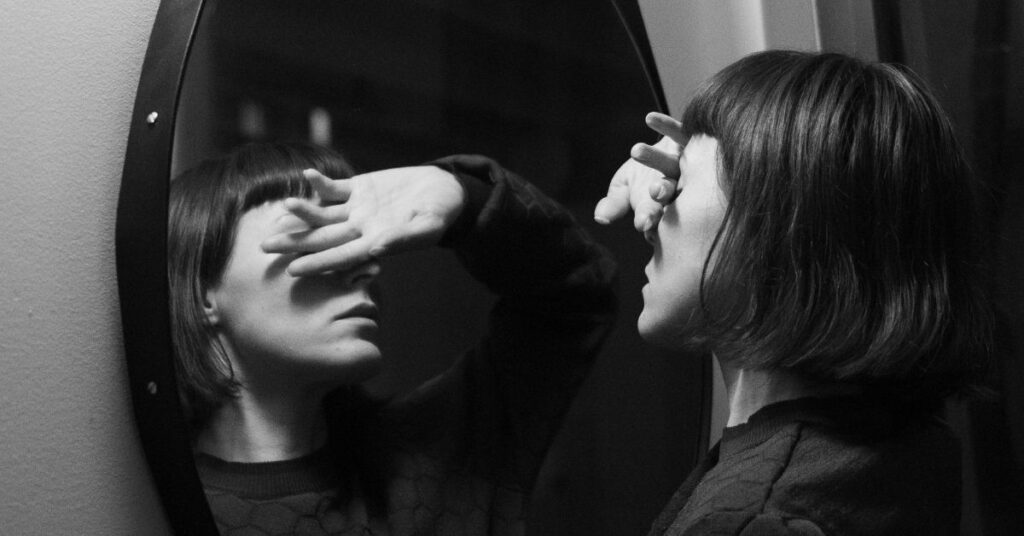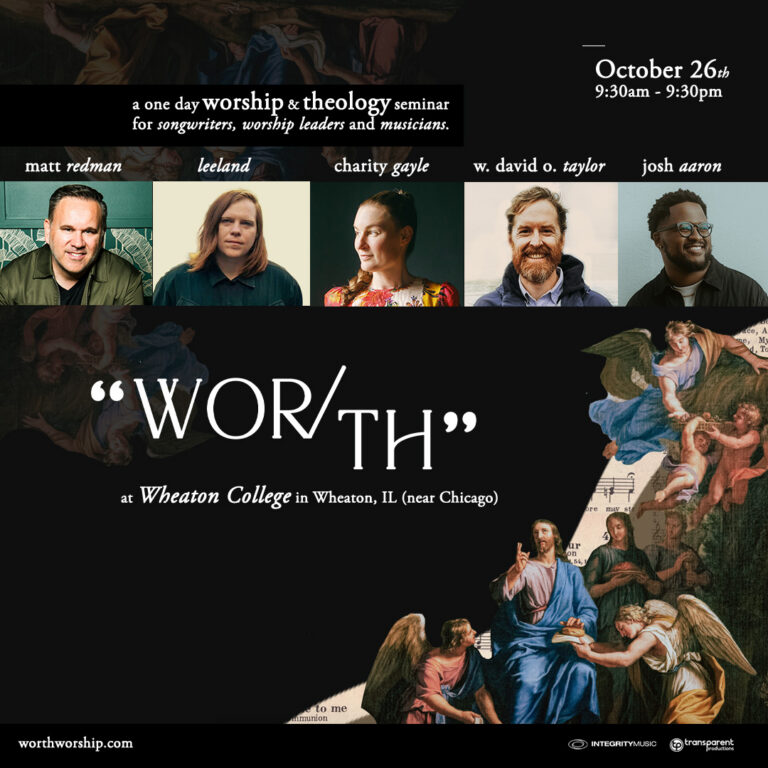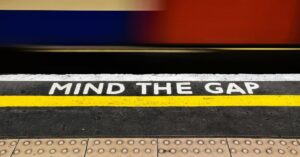By: Ben McEachen
Think back to a time when you were misunderstood.
What did you do next? Did you blame the others involved, either out loud or internally?
Or did you try what author Caroline Spencer suggests – in the title of her new book, Getting Over Yourself?
As Caroline said in our interview, she promotes “getting over yourself” by being deliberate, structured and disciplined about reflecting upon our interaction with others. If we pursue these opportunities for personal growth, she says, it can help us to live “more in tune with our principles and values”.
“For me, as a follower of Jesus, that means becoming more like him,” Caroline said.
The Four Stages of Self Reflection
Having spent years as a Christian communicator and leader with City Bible Forum and Moore College , Caroline says she has been diligent in her own process of letting go of self.
“I work on a healthy self-reflection habit,” she said. “I pick an experience I have had that bothers me for some reason, and there are four stages which I do.”
As outlined in detail in Getting Over Yourself, Caroline’s stages of self-reflection include scrutinising the experience, recognising what was important to her at the time, and assessing opportunities for growth.
“As a follower of Jesus, how does the Bible want me to live. [I ask myself] is there some sort of gap there in terms of how I was in that experience?” she said.
Such thorough self-examination can lead to changed behaviour in future interactions.
Caroline gave the example of how much she had recently ruminated on a meeting where she felt misunderstood.
Applying the steps of Getting Over Yourself helped her to realise the emphasis she had placed on being understood by all.
Further, she “looked for the good” from the experience, to combat her drift back toward its negative elements.
Encouraging us to “get over yourself” in all areas of life, Caroline has noticed changes in the outcomes of her interactions.
“Doing the self-reflection teaches me to ask more questions of my experiences, to challenge my assumptions, and to try to see things from different points of view,” Caroline said.
“I’ve noticed that I have taken those learnings into conversations with people. I’m better at listening now. I’m better at asking questions and hopefully making less assumptions.”
Article supplied with thanks to Hope Media.
Feature image: Photo by Milada Vigerova on Unsplash




